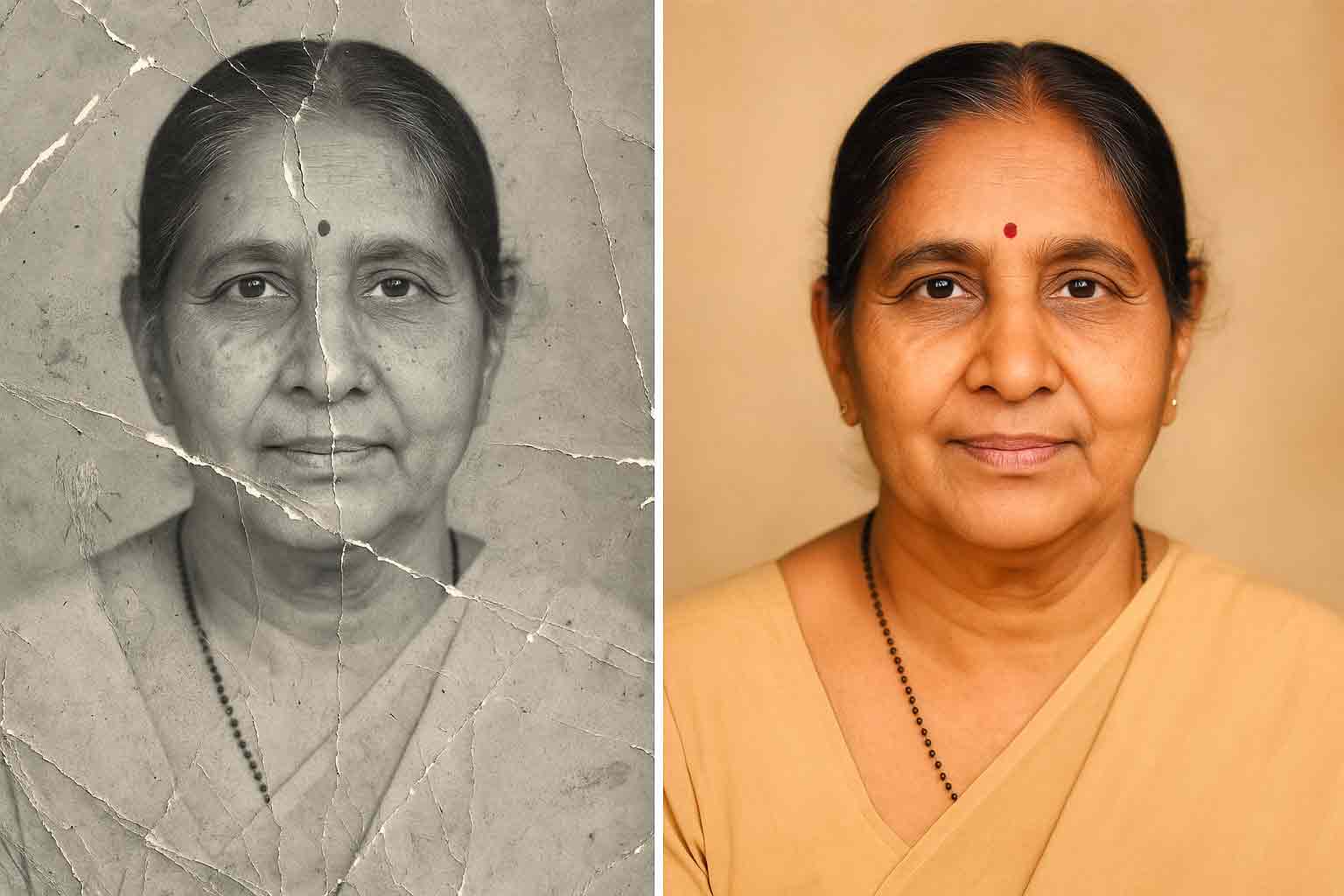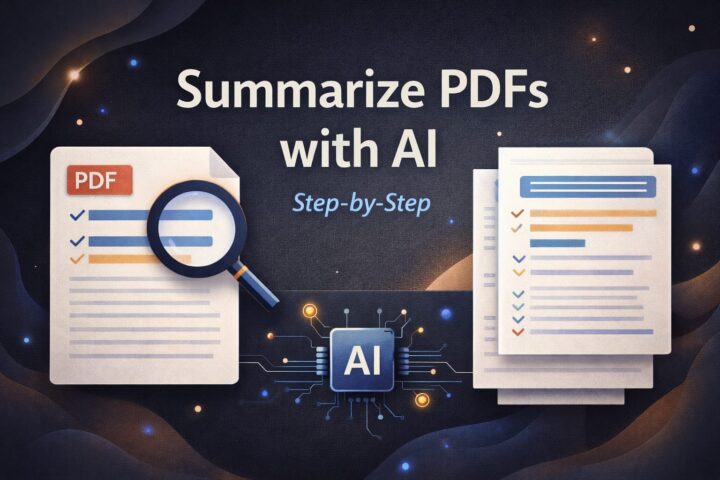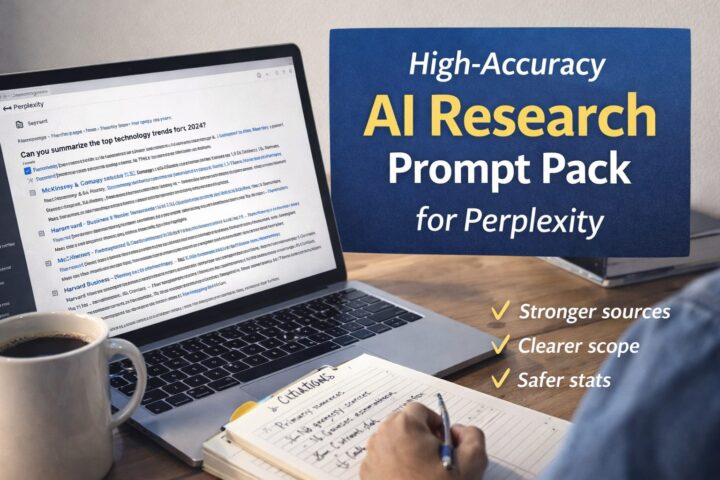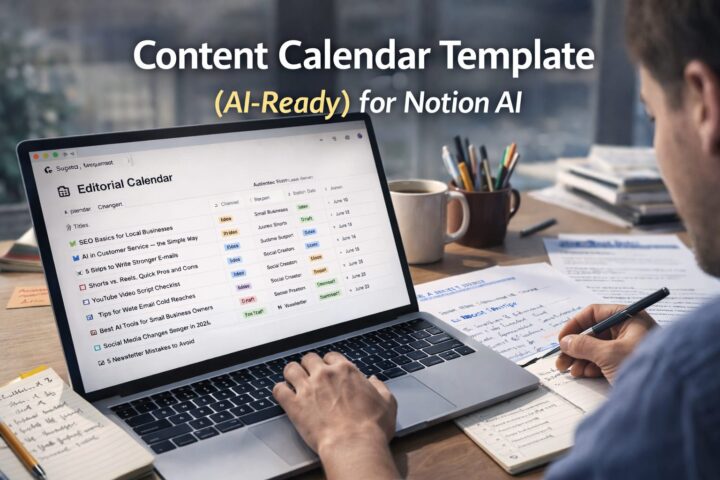The Power of AI Restoration
Artificial intelligence can analyze damage and intelligently fill in missing details. Platforms such as Stable Diffusion, Photoshop Generative Fill, and Runway ML can repair scratches, remove stains, and reconstruct torn areas when guided by a precise prompt. Instead of guessing what the image should look like, you provide instructions that focus on realism, preservation, and authenticity.
Copy-and-Paste Prompt
“Repair scratches, tears, and dust in the uploaded photograph. Reconstruct missing areas using surrounding context. Preserve original grain and contrast while keeping the subject’s identity intact. Avoid plastic or artificial look, maintain authenticity.”
This sample prompt gives the AI clear instructions, ensuring the restored result is faithful to the original while removing signs of damage.
Real-World Example
Imagine an old wedding photograph that has suffered from water damage and fading. After uploading the scan and applying the refined prompt, the AI rebuilds the missing patches in the gown, sharpens blurred outlines, and corrects faded tones while keeping the photo’s vintage atmosphere intact. The result is a vibrant, respectful restoration that can be archived, printed, or shared with family members as though it had just been taken.
Simple Workflow
Start by scanning or uploading the defective photo into your chosen AI tool. Paste the restoration prompt into the editor and process the image. Within seconds, you receive a before-and-after view. Most tools also allow you to refine the output by adjusting brightness, tone, or sharpness for a polished final result.
Beyond Personal Use
AI photo rectification is also valuable in history and culture. Museums, genealogists, and archivists now use prompt-driven restoration to save old manuscripts, newspapers, and priceless documents. Instead of manually retouching thousands of items, they can preserve entire collections at a fraction of the time and cost, while still ensuring authenticity.
Resources and Next Steps
At ThinkBothub, we highlight how prompt engineering brings old memories back to life. For more techniques on AI photo editing, explore our AI Tools section, check practical workflows in Tutorials, and stay updated on breakthroughs in our News hub.
For advanced tools, consider Adobe Photoshop Generative Fill for professional restorations, or Runway ML for fast and creative editing. Both platforms demonstrate how AI has become a trusted companion in keeping history alive.
Conclusion
Rectifying defective photos with AI is more than repair—it is storytelling. Every scratch removed, every tear reconstructed, and every faded shade restored breathes life back into history. With the right prompt, your photos are not just fixed—they are reborn, ready to be shared with future generations.




